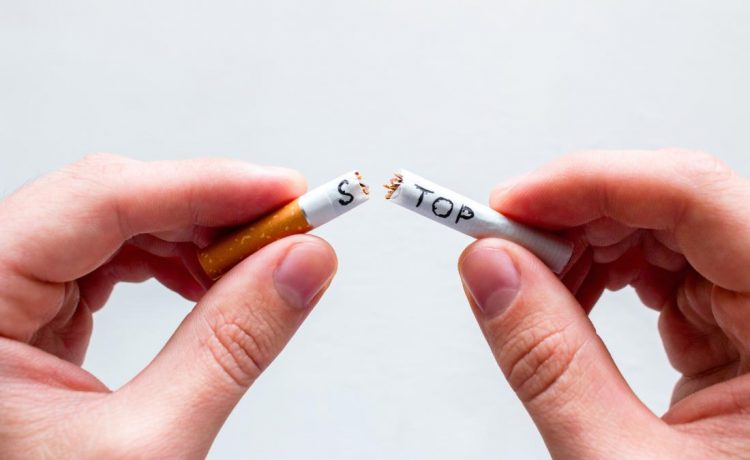Addiction, whether to alcohol or drugs, is an issue that is becoming alarmingly common as days pass. But along with it, awareness of its harmful effects and the need to make the process of recovery a serious occurrence are growing recently. Society and people around us are now readily stretching a helping hand to support. The recovery from addiction is hard work as it goes against the very nature of humans.
We like to keep a balance, to go against change. Addiction and wanting to be free of it can be a dilemma inside the head of an abuser, as it is all about breaking a habit already formed physically and psychologically. It is a lengthy and time-consuming process – from denial to realization. And then practice self-restraint to create a better life. There are various stages of recovery –
Precontemplation –
This is the denial stage, where the person tries to blame their actions on something else or not realize the gravity of the situation. Most people get stuck in this stage due to their misguided lack of faith in themselves and their chances of recovery.
Contemplation –
The person starts to see reason. They realize the damages that addiction is causing in their lives and are ready to take action against it, just not immediately.
Preparation –
In this stage, they start to take baby steps, like planning to run every morning or looking into counseling.
Action –
In this stage, the person has become sure of their wish to be substance-free. They have started taking professional guidance to not relapse and are making significant progress.
Maintenance –
This is the final step where the person is substance-free, is holding onto himself, and has not relapsed to old ways. They are trying healthier lifestyles and leading a balanced life.
Through addiction recovery, professional expertise occurs in two different yet significant steps – detoxification and rehabilitation. These help the patient get rid of the effects – physically and psychologically.
Detoxification is draining our system of any drug running through it. Detox centers also support the patients through the inevitable physical and mental toils of substance withdrawal. They provide medical surveillance and mental support to not bounce back during the withdrawal phase.
The continuation from detox to rehab is recommended for every patient as it helps maintain the process they started.
Rehabilitation centers provide a foundation and judgment-free environment to help the patient discover the issues and traumas that led to their addiction and help them overcome those. It gives the patient a chance to leave their old habits behind and find a path to live a healthy and happy life.
Addiction has destroyed many lives and continues to do so. We must realize the need to spread awareness of this issue and to help however we can to form an addiction-free society.







